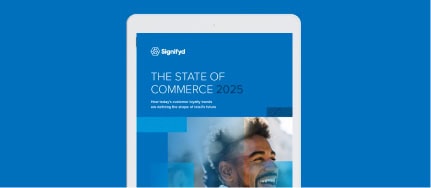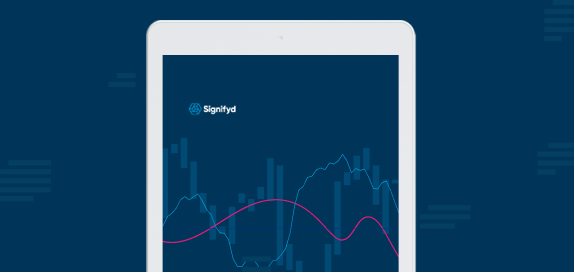You’ve built a successful brand and optimized every aspect of your online business to find and retain loyal customers. Their repeat purchases drive a significant share of your revenue and (more importantly) your margin.
So you’ve evolved your product offerings, focused your marketing efforts and analyzed your customers’ behaviors and preferences. In short, you’ve figured out who is and isn’t critical to the success of your company’s future.
But not every customer nor every order fits this bill. And some don’t look right at all. So you decline them. Because fraud and chargebacks cost time and money and are impossible to predict. Is this the right strategy? Are you declining potentially loyal customers because they don’t “look right”? Should you accept more orders and bear chargeback risk more readily? Or is the solution somewhere in the middle?
What is customer loyalty worth?
Let’s start by doing the math. Once a customer is acquired, it’s far easier to persuade them to purchase again than to acquire new customers. And it costs a lot less too, between ⅓ and ⅛ as much as new customer acquisition.
Rejecting that potential repeat customer means losing out on their lifetime value. Using even a simple lifetime value equation, we can determine the value of this repeat customer over just the course of 3 years, with a modest assumption of just one $50 purchase every quarter:
f(a) x t
Where f = average Frequency of Purchase, a = average Purchase Price, and t = average Customer Lifespan. Plugging in a $50 purchase every quarter for 3 years we get:
4($50) x 3 = $600
So with even this modest example, declining a $50 order is really like rejecting $600 in revenue over the next 3 years.
Now let’s compare this to the cost of fraud and chargebacks. As a general rule, the true cost of a chargeback is less than 2.5x the chargeback amount. This is due to the added costs of resources and time involved for the complete chargeback process. So declining a $50 order is potentially protecting you from $125 in total chargeback-related costs.
$600 > $125
But losing $600 over 3 years to avoid losing $125 over the next 3 months doesn’t seem like a winning strategy.
How strategic are loyal customers?
Next, let’s look a little closer at the critical value of a loyal customer. After their first three years in business, ecommerce merchants generate a majority of their revenue from repeat customers, not just through loyalty and repeat purchases but also through advocacy and referrals. So loyal customers don’t just buy more, they’re a renewable resource that supports your growth. After all, 80% of your future revenue will come from 20% of your customers.
Industry examples
Just to reiterate, let’s use some specific industries as examples. According to Bain & Company, online shoppers in fashion and electronics who came in as a referrals spent an additional 50% in those categories. Additionally, on average, loyal customers refer an additional 7.1 customers to a merchant. This really puts the risk of declining an order in perspective. By turning away even 1 order, and thus 1 potentially loyal customer, a merchant could inadvertently be declining 8 potential customers.
In summary, there are real risks and costs for fraud and chargeback that support declining orders and customers that don’t quite fit our bill or just don’t “look right.” But in so many cases, merchants are declining good orders and good customers and losing out on not only that order, but all future purchases and referrals from that potentially loyal customer. Instead of actively eroding your future customer and the financial security of your business, we encourage you to consider some options that would allow you to begin accepting more orders today. Because the future of your company might depend on it.








